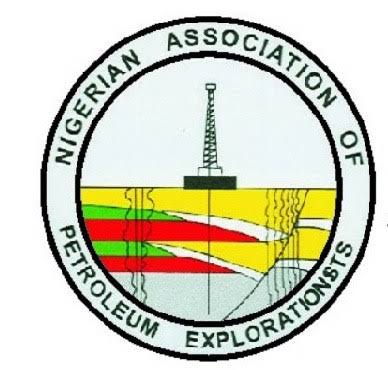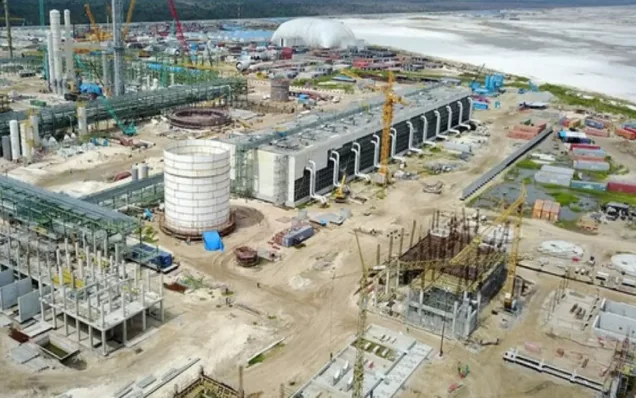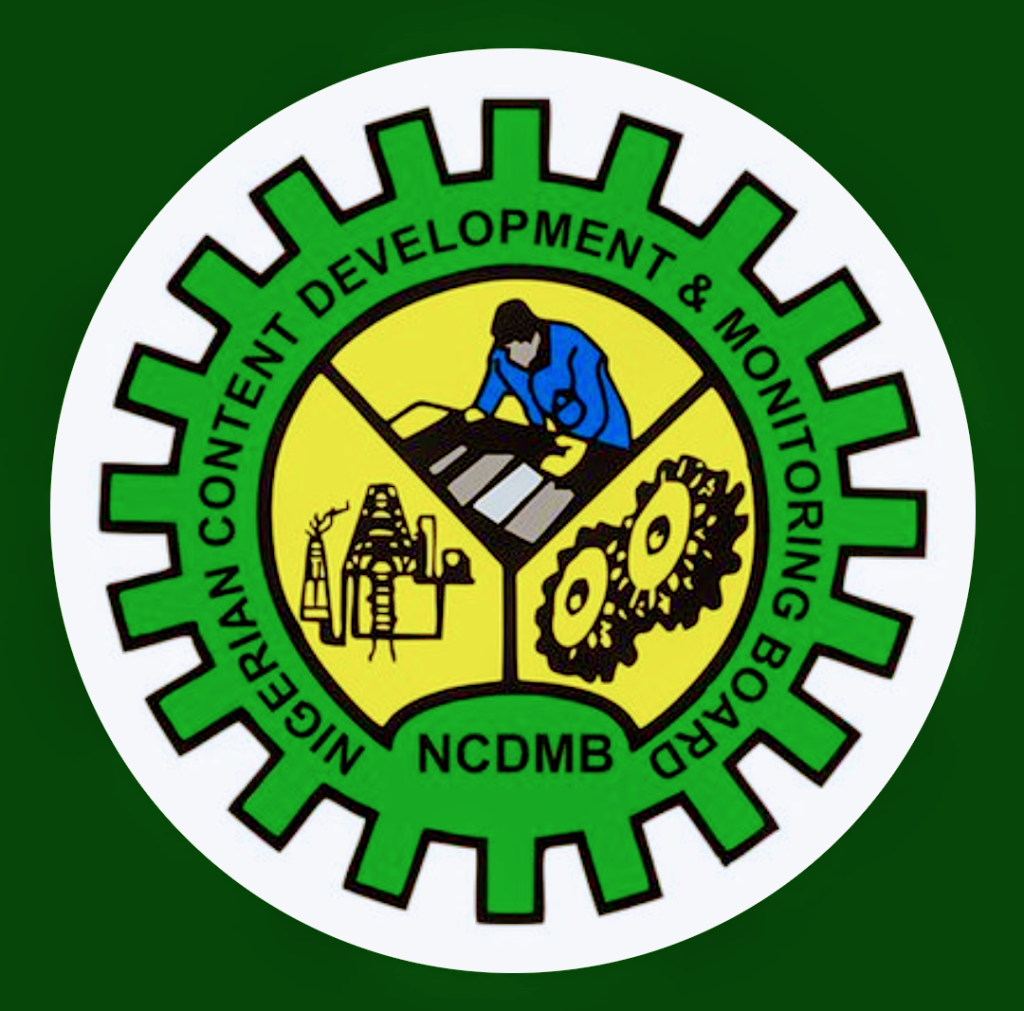The Nigerian Association of Petroleum Explorationists (NAPE), on Monday gave a recipe on how best the Federal Government can diversify the nation’s economy that would add value to the lives of Nigerians.
Dr Andrew Ejayeriese, the President of the association said government’s diversification plan must include finding and enhancing new opportunities and prudently allocating its revenue which comes mainly from oil and gas to the development of other key sectors of the economy.
He spoke at a press conference in Lagos ahead of the association’s conference and exhibition in Lagos next week.
The President said that although significant achievements have been recorded in the management of Nigeria’s oil and gas resources compared to recent past, government must strive that to build a more diversified and more resilient economy.
According to him, government must offer oil and gas investors an attractive environment by reforming the regulatory, fiscal and licensing systems in the country.
He said:’’Knowing that the sustainability of the industry will be affected by a number of drivers including price of oil, impact of renewable and alternative energy sources.
“Emergence of new competition and legislative frameworks, oil and gas companies will need to look beyond new discoveries, and pursue improved efficiencies and operational excellence and innovation.
Ehayeriese also told journalists the need for the government to partner NAPE in the conduct of credible and transparent oil bid round with a view to attracting more investors and growing the oil and gas industry.
The NAPE’s helmsman also advocated the need for the government to purge itself of political and other subterranean considerations in the conduct of oil bid round.
He said that the development would go a long way in generating more revenues for the government as well as creating more job opportunities for the country.
To him,Nigeria needs urgent review of archaic laws that tends to drawback the nation’s oil and gas industry,adding that NAPE would continually mount advocacy on repeal of those law in order to conduct the affairs of the industry in line with global standards.
According to him Nigeria’s prospect for gas is higher than oil so there should be more aggressive exploration for the carbon resources in order for Nigeria to maximally utilize the value of the asset.
He explained that 36th edition of the annual International Conference and Exhibition of the association will deliberate on major critical issues in a quest to address the challenges in the Nigerian Energy industry.
‘’The conference will also throw its searchlight on survival strategies for petroleum exploration and exploitation in a challenging environment and also examine the effectiveness in the existing policies to drive growth in the oil and gas industry so as to come up with initiatives for the development of road maps and new policy initiatives’’.
The 36th conference is themed “Evolving Strategies for a Sustainable Business in a Fluctuating Oil Price Regime’’.
The opening ceremony which will attract over 1,500 participants within and outside the shores of the country will take place on Nov. 21, 2018 .
The special guest of honour is Dr Emmanuel Ibe Kachikwu, Honorable Minister of State, Petroleum Resources.
NAPE explain why Nigeria cannot attain 40 billion oil reserve
The Nigerian Association of Petroleum Explorationists (NAPE) has said that absence of fiscal policy will continue to retard investments flow in Nigeria’s oil and gas industry, such that attainment of 40 billion crude oil reserve might not be realised.
The association’s president, Mr Andrew Ejayeriese said this in an exclusive chat with a energy correspondents in Lagos on Monday.
Ejayeriese, said that it is not possible to achieve that dream because existing petroleum law is not attractive to investors and does not guarantee return on investments on deepwater explanations.
He said the law was made when exploration centred on shallow and onshore campaigns but activities are now shifting to deep offshore exploration but new investments are currently stalled.
According to him, the Petroleum Industry Bill,(PIB) which has been at the National Assembly for the past 18 years has remained a challenge and no additional volume is being added to existing production.
It would be recalled Dr Maikanti Baru, the Group Managing Director of Nigerian National Petroleum Corporation (NNPC) recently said the corporation would increase the country’s crude oil reserves by one billion barrels yearly to attain 40 billion barrel by 2020.
Baru gave the assurance during his keynote address titled: “Driving Nigeria’s oil and gas Industry towards Sustained Economic Development and Growth,” at the 17th edition of the Nigerian Oil and Gas conference in Abuja in July.
The NAPE president who said that as technical petroleum professionals, the forthcoming conference is billed to deliberate on major critical issues in a quest to address the challenges in the Nigerian energy industry.
“Oil and Gas will continue to be a commodity characterised by peaks and troughs. The cyclicality of the industry is not a new phenomenon. Stability in oil prices is critical in order to achieve high economic growth.
“The global energy market is getting increasingly more complex; with the low oil price regime, hydrocarbon exploration and exploitation are no longer as profitable it was prior to the price decline in 2015”. he said.
According to him, While global demand for reliable and affordable energy will continue to rise in the foreseeable future, the world is moving toward a low carbon era.
“Consequently, oil and gas companies will find it expedient to review long term strategies and innovate, recognising the possibility that oil is on the brink of suffering a fate similar to coal.
The president observed that although the global economy continues to recover, growth has been slower than anticipated, as oil price fluctuations are strong determinants of inflation rate and unemployment levels which in turn impact the growth rate of a nations economy.
Ejayeriese said that for most developing countries, like Nigeria, oil accounts for a large proportion of Gross Domestic Product (GDP) expenditures in energy production and the country relies on crude sales to make up 70 per cent of its revenue.
He pointed out that significant hikes in energy prices will lead to appreciable rise in production, transportation and sundry costs for many allied industries, and that in emerging economies.
He said that the challenges are similar, including uncertainty in regulatory frameworks, poor physical infrastructure, lack of skilled resources, corruption and poor ethics.
For Nigeria, he reasoned that there is no better time than the present to begin to envision an era beyond oil, asserting that, “Now is the opportunity for oil and gas companies to reinvent themselves”.
He said that against the backdrop of low oil price, dwindling oil revenue, there have been strident calls for the nation to diversify her economy from the monolithic economy and absolute dependence on oil into other areas to sustain the nation in terms of revenue generation.
Though, he noted that successive administrations have enunciated economic policies and strategies on how to diversify the nations economy from oil to other sectors like agriculture, mining and tourism, unfortunately the Nigerian economy has not diversified at the anticipated rate.
He said that although significant achievements have been recorded in the management of Nigerias oil and gas resources compared to recent past.
The president believes that to build a more diversified and more resilient economy, government’s plan must include finding and enhancing new opportunities and prudently allocating its revenue which comes mainly from oil and gas to the development of other key sectors of the economy.
“Government must offer oil and gas investors an attractive environment by reforming the regulatory, fiscal and licensing systems.














